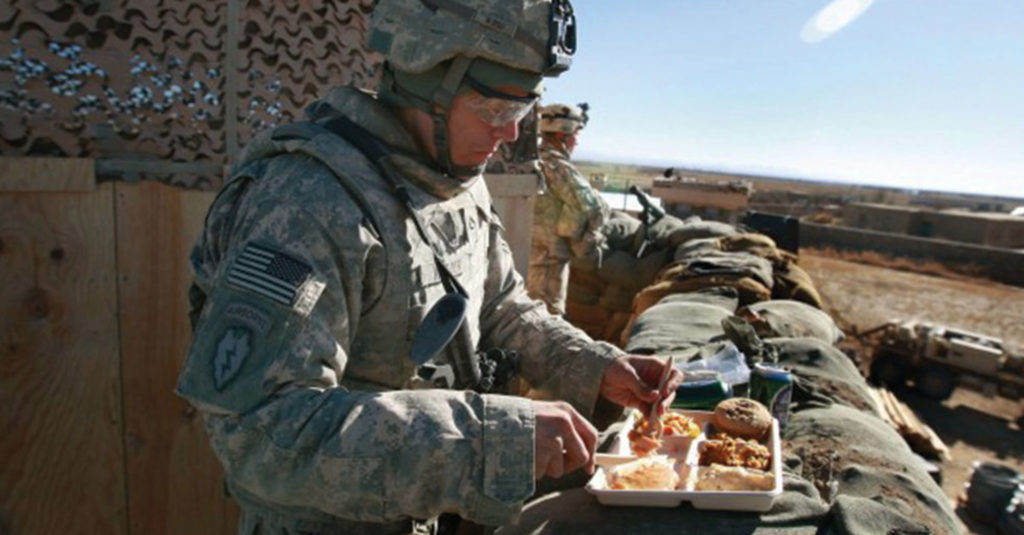
“Gratitude is happiness doubled by wonder.” C.K.Chesterson
A SPECIAL NOTE: I am thankful to be an American, I am thankful to be a Veteran, and I am grateful for the men and women who will not be with their families this Thanksgiving because they are protecting us on the land, on the sea, and in the air. God bless our service members.
Did you know that one of the most significant and cheapest things you can do to enhance your mental and spiritual health is to have an Attitude of Gratitude? I am going to show you 6 ways to increase your capacity for gratitude this Thanksgiving.
It is the beginning of Thanksgiving week, which leads to Black Friday and the insanity of the Holidays. In the next few posts, I hope to give you some proven, practical tools and tips to lower your stress, increase your mental health, build your resilience and enhance your spirituality.
The word thanks is rooted in the Hebrew word yada is a verb meaning to acknowledge, give praise, or to give thanks. The English root comes from the Latin word gratus, which means grace, graciousness, or gratefulness. The main idea is a thankful appreciation for what an individual receives, whether tangible or intangible.
Did you know that modern research has proven time and time again that gratitude is continuously connected with greater happiness and an optimistic outlook? Gratitude helps people feel more positive emotions, savor good experiences, improve overall health, deal with adversity, and enhance relationships.
You and I tend to feel and express the idea of gratitude in multifaceted ways. We can apply to the past (reflecting on positive memories and being thankful for elements of childhood or past blessings). Regarding the present, we stay in the mindset of not taking good things for granted. And as far as the future is concerned, gratitude helps us maintain an optimistic, hopeful, future-focused view of life and work.
Six ways to grow gratitude
Gratitude is a great way to refocus on what you have instead of what you lack. Honestly, sometimes you may feel like you are faking it, this mental state grows stronger as you use it.
Write a thank-you note. This is one of those things you can do today that has an immediate payoff. Right now, think of someone who would love to receive a personal note. Maybe a spouse, a child, a co-worker, a friend, out a person of influence in your life. By the way, this is a great way to nurture relationships. The best way is the old school way, paper, pen or pencil, envelope, and stamp. Send it, or if possible, deliver it and read it in person. I think you will be amazed at the results.
Thank someone personally. Whether it is the clerk at the grocery store, your waitress, a neighbor, a family member, or a mentor, look them in the eye and let them know that you are grateful for them.
Keep a gratitude list. In my years of private practice, one of the regular assignments that I would give to my patients struggling with depressions or anxiety was to develop a gratitude list. By taking a few moments every day to jot down things that you are thankful for, increased the positive release of good brain chemicals and helps you feel better.
Count your blessings. “Count your blessings, name them one by one. Count your blessings, see what God has done…” are words from a hymn I remember from my childhood while attending the First Baptist Church of Fort Valley. It is an old song with modern psychological and spiritual implications.
Pray. Personally, I believe this old piece of Wisdom Literature captures this concept.
Give thanks to the Lord, for he is good! His faithful love endures forever.
1 Chronicles 16:34 NLT
Meditate. In today’s culture, meditation is a common practice for stress management and overall wellness. The art of meditation has been around for centuries. In the Old Testament model, the focus of the mediation was on the character of God, the Word of God, or the actions of God in an individual’s life. In the New Testament, the focus is on actively engaging the mind in reflecting on applying Christ’s finished work to our personal lives. In contrast, much of modern meditative practices are based in an Eastern form of meditation: Zen meditation, transcendental meditation, yoga, Chinese or Hindu meditation, guided meditation: all of which have their origins in New age and Eastern religions.
Regardless of which form you use, meditation combined with an attitude of gratitude can help you experience a deeper sense of focus, gratitude, and blessings as we move into this Holiday Season.
I hope that you are able to experience a profound sense of gratitude as we move into Thanksgiving 2019.



